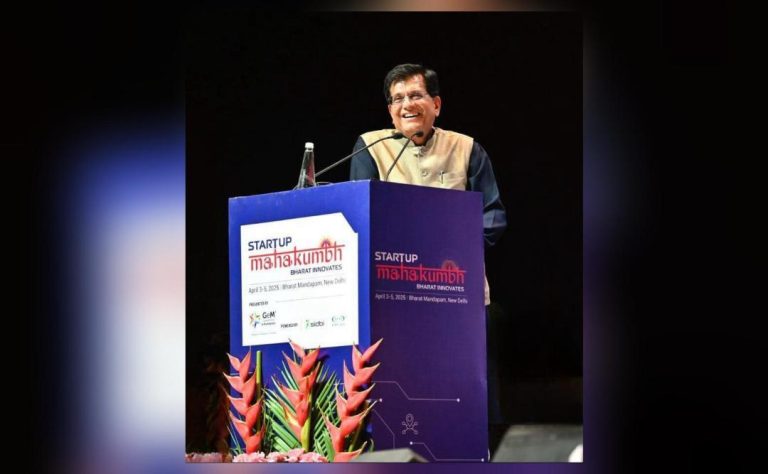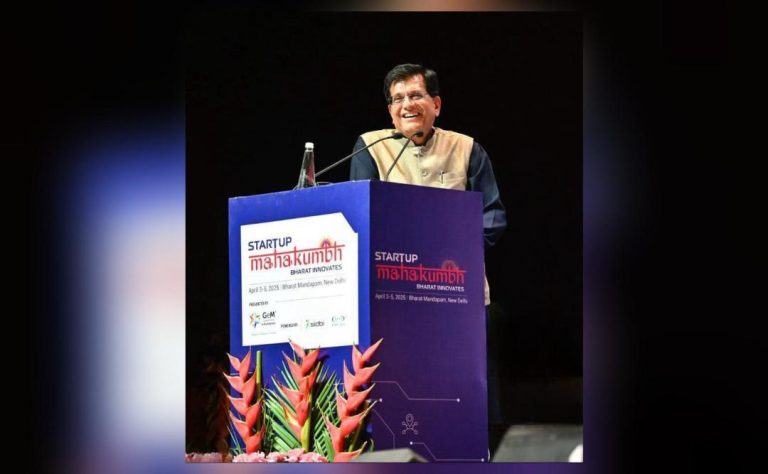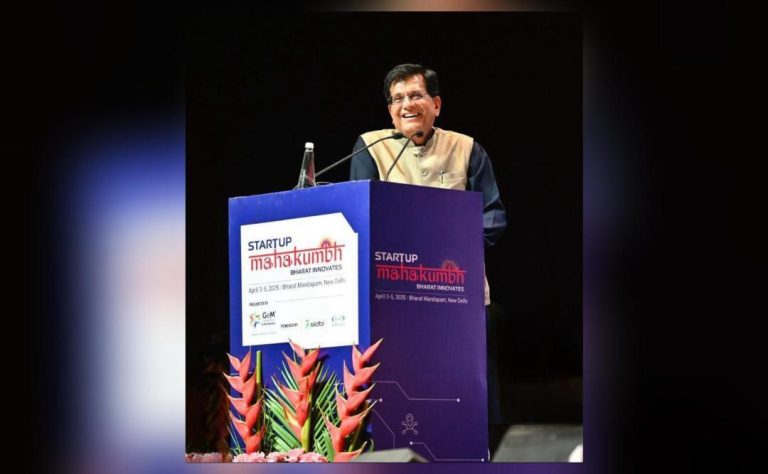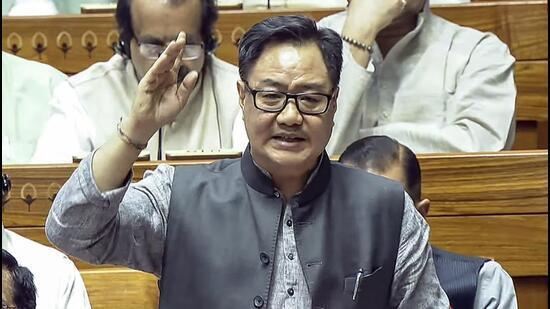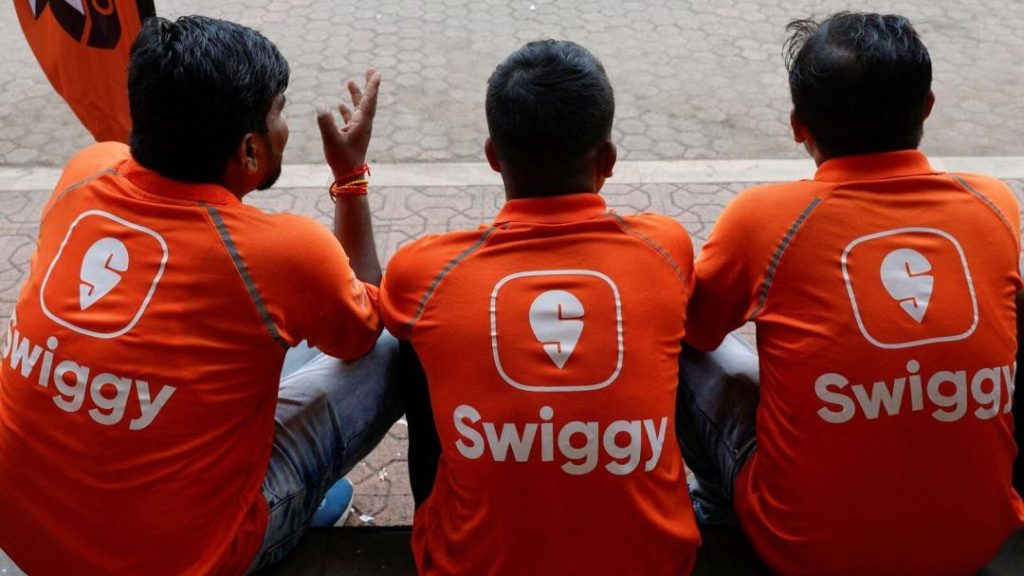
Swiggy Faces ₹158 Crore Tax Demand Over Cancellation Fees
In a recent development, food delivery giant Swiggy has been slapped with a massive ₹158 crore tax demand by the Income Tax Department for the financial year 2021-22. The demand arises from alleged violations related to cancellation charges paid to merchants, sparking concerns about the taxation of cancellation fees in the digital economy.
According to reports, the tax demand was made by the Bengaluru-based company’s tax consultant, who received a notice from the Income Tax Department regarding the alleged violation. Swiggy has since announced that it plans to appeal the demand, citing a misunderstanding of tax provisions.
The tax demand is a significant one, amounting to ₹158 crore, which is roughly equivalent to 25% of Swiggy’s net profit for the fiscal year 2021-22. The company’s decision to appeal the demand suggests that it is confident in its stance and is prepared to take on the tax authorities.
So, what exactly is the issue here? Cancellation fees are a common practice in the food delivery industry, where customers can cancel their orders or request changes before the food is delivered. In such cases, the merchant is typically charged a cancellation fee by Swiggy. The tax authorities have taken issue with this practice, alleging that it constitutes a violation of tax provisions.
The case has sparked concerns among industry experts, who believe that it may set a precedent for how cancellation fees are taxed in the evolving digital economy. The issue is not limited to Swiggy alone, as many other food delivery companies and e-commerce platforms also charge cancellation fees to merchants.
“The tax demand on Swiggy may have a ripple effect on the entire industry,” said a tax expert, who wished to remain anonymous. “If the authorities succeed in collecting this tax, it could lead to a surge in tax demands for other companies that operate similar business models.”
The expert added that the tax authorities are likely to scrutinize other e-commerce platforms that charge cancellation fees to merchants. “The Income Tax Department is becoming increasingly aggressive in taxing digital transactions, and this case may be a test of their resolve,” the expert said.
Swiggy’s decision to appeal the tax demand is a strategic move, as it allows the company to contest the allegations and challenge the tax authorities’ interpretation of the tax provisions. The company has reportedly engaged a team of tax experts to handle the case and is exploring all legal avenues to contest the demand.
In a statement, a Swiggy spokesperson said, “We are committed to complying with all applicable laws and regulations. We believe that the tax demand is a result of a misunderstanding of the tax provisions and we are confident that our appeal will be successful.”
The case highlights the complexities of taxing digital transactions, where the lines between business models and tax provisions can be blurred. The Income Tax Department has been increasingly focused on taxing digital transactions, and this case may be a test of their resolve.
As the case proceeds, it will be interesting to see how the tax authorities respond to Swiggy’s appeal. Will the company be able to successfully contest the demand, or will the authorities succeed in collecting the tax? The outcome will have significant implications for the digital economy, and will set a precedent for how cancellation fees are taxed in the future.
Source: https://ascendants.in/industry_events/swiggy-rs-158-crore-tax-demand/
